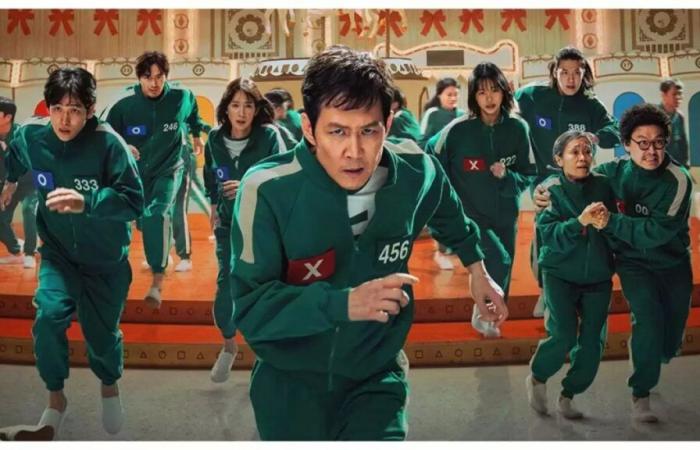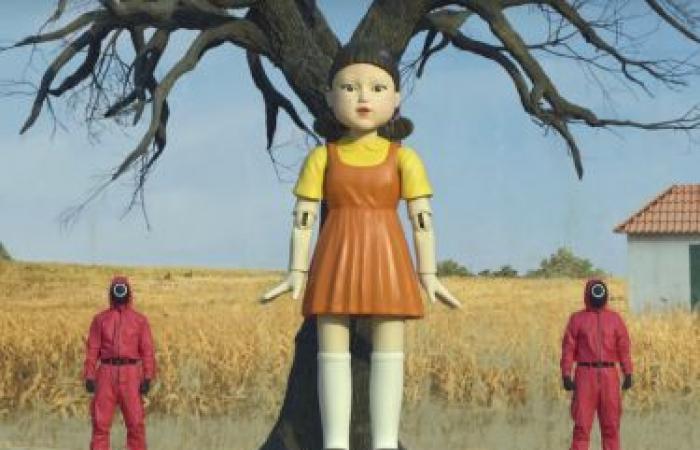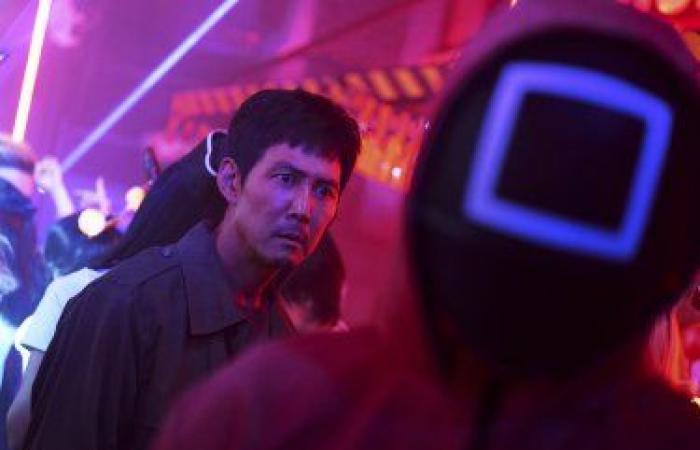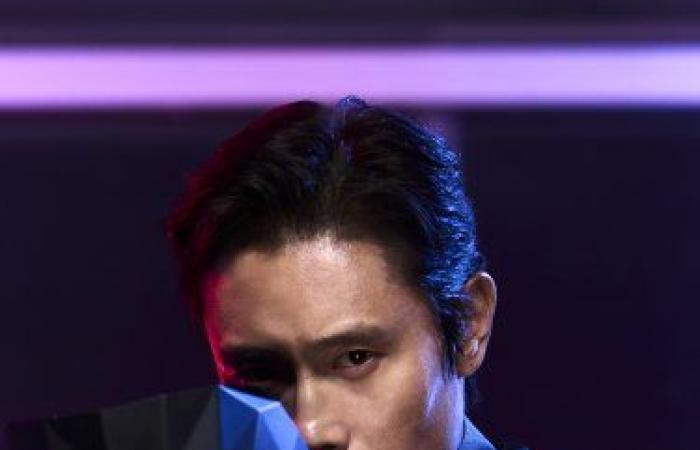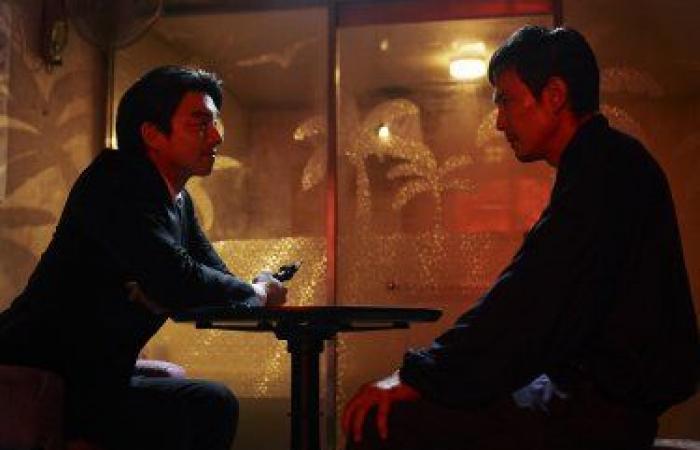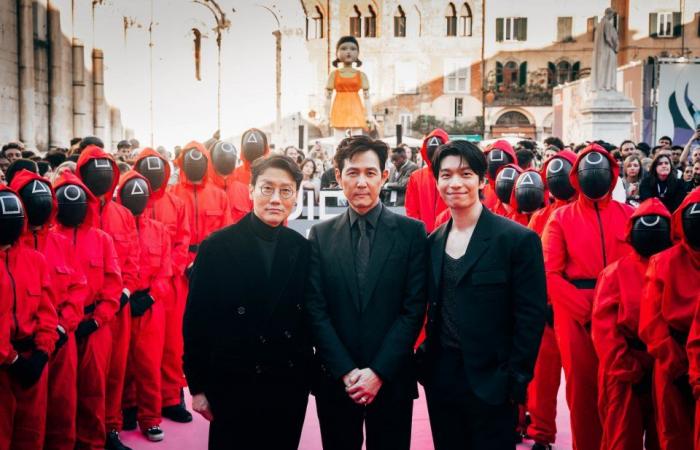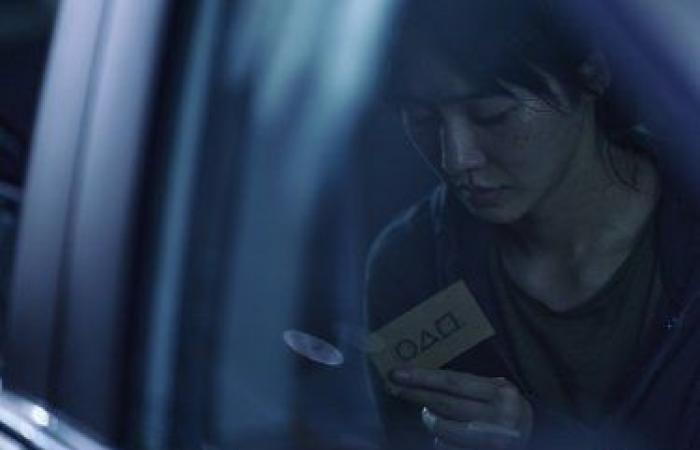Repeating a phenomenon of certain magnitudes is almost impossible. Sometimes. Netflix, pioneer of a new way of making serials, knows this well, and increasingly – many years after its advent and numerous titles and platforms created subsequently – has to deal with the wear and tear of its instant cults, which aim to close the flying to make room, perhaps, for another television era.
In the meantime, however, we must strike while the iron is still hotas they say, and Squid Game 2 arrives after three years and an almost frantic wait for what the show represented, all over the world. However, we can tell you straight away that the bet can be said to have been won, albeit with some caveats.
Squid Game 2: back to playing
In the stage fiction of serie Netflix three years have passed, just like in reality. We had left the sole survivor (and multi-billion dollar winner), player 456 (Lee Jung-jaewhich in the meantime had a parenthesis The Acolyte), eager to take revenge on the rich and powerful who he had discovered had set up that bloody madness. Maybe it's because we're returning from Gladiator II but he seems even more like a modern counterpart to the ancient Roman gladiators, and symbolically Seong Gi-hun from last on the list, he became first. We find him determined to find the Recruiter, the gentleman in the suit who managed to gather together poor people full of debt and economic problems at the subway stop and convince them to participate in the game.
At the same time, the only other survivor of that massacre, Hwang Jun-ho (Wi Ha-jun), the policeman in disguise searching for his lost brother, who became the Front Man as we discovered in the dramatic finale, did not give up. Continue to go cyclically in search of that forgotten island God and men (let's not use these words randomly) together with the captain of a ship who saved him from the sea and agreed to help him. The paths of the two survivors will cross and they will have to decide whether to team up for a common goal: to stop this sadistic game once and for all.
Between old and new players, the series grows but is not repeated

Squad is precisely the key word of second seasoneven more so than the first. The mistake he could easily fall into was replicating exactly the same narrative scheme that had made the success of the inaugural cycle. Luckily, it manages to find a new way to present the games that the participants will have to face, their development and their dynamics. Right there greater awareness of Seong Gi-hun – and therefore of us spectators – turns out to be a potential double-edged sword, because having already participated and won is not necessarily a good thing.
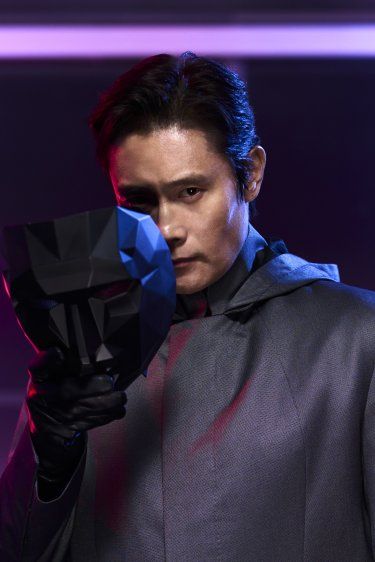
After the massacre of the first season, the new ones seven episodes they don't spare themselves (don't get attached to anyone) on corpses and bloody sequences, and above all they manage to characterize the participants quickly enough so as not to make you miss the old ones. You become attached to their background, to their sad stories that brought them there. Even if at the same time we don't want to see history repeat itself.
Squid Game 2: between Bocelli, Slam Dunk and Capitalism. Previews according to the director and the cast
A bridge season towards the grand finale

Following the resounding success of the series, fans of one such an iconic show from having generated Halloween costumes, in addition to a now recognizable maxi doll, they have become much more savvy. But also more easily bored, just like the so-called VIPs who created the game and sip champagne while watching what happens from above. A disturbing mirror in which to look at oneself and reflect. At the center, deadly pastimes that still take inspiration from the most famous Korean children's games like theA two three star. Squid Game represents the betrayal of childhood: you have to grow up and learn to take on your own responsibilities.
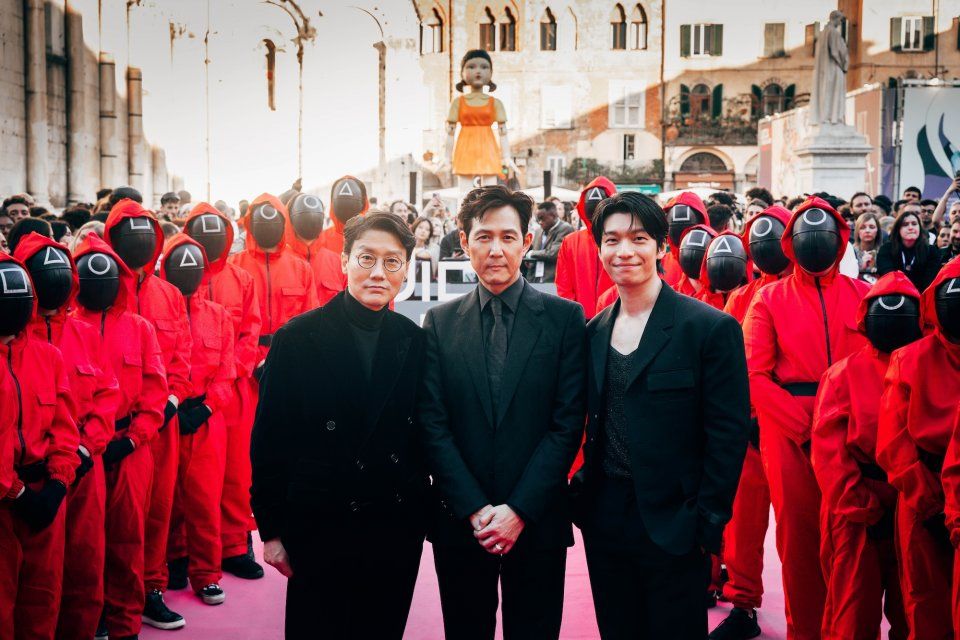
I colors of the islandso lively for such a dark story, are again used skilfully, as are some shots and camera movements, by the Emmy-winning director Hwang Dong-hyukwho returns behind the camera to bring that waking nightmare back to the public. A nightmare that however contains gods moments of hilarity compared to the past, which could make some people turn up their noses but which at the same time represent the attempt of the human mind to play down and exorcise a situation of extreme danger, faced with life and death. The same role is played by the soundtrack which also works by contrast, and it would not have been possible otherwise for a product of this kind.

An allegory of the human condition and above all of the incredible ease with which it spirit of survival el'greed they win all too often over any other instinct and feeling, leading us to want to bully others like animals and not like thinking machines. In this, the new ending had a difficult task and, if in terms of tension, it does an excellent job, it leaves a bit of a bad taste in the mouth because, having already announced a third and final season, it looks to that epilogue with a lucky twist which however leaves the doors of the games open. If you have the courage to return one last time.
Conclusions
The second season of Squid Game is a valid continuation of the inaugural cycle, so iconic that it has become an instant cult. The analysis of contemporary society, of the lowest and most vulgar instincts of humanity, the colours, the music, the twists, the two-way confrontation: all the characteristics that had made the Netflix series an example to follow return, without being excessively redundant and repetitive, but providing a chapter that is functional to the ending to come, almost as if it were a first part. Which at this point we are waiting impatiently for.
Because we like it
- The return of some protagonists of the inaugural cycle, starting from the double revenge of the winner and the policeman.
- The new characters, immediately well characterized.
- La regia di Hwang Dong-hyuk.
- The use of colors and soundtrack.
What's wrong
- There is necessarily some redundancy.
- The comic moments dampen the narrative tension, like some stasis sequences, but they represent the soul of the protagonists.
- The ending, functional but representative of a first part of a true conclusion.

